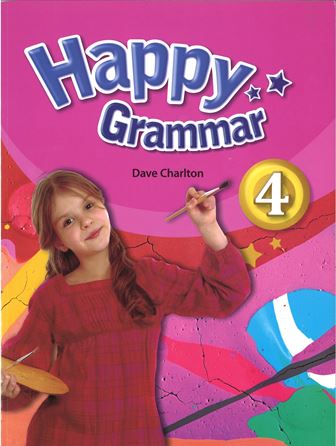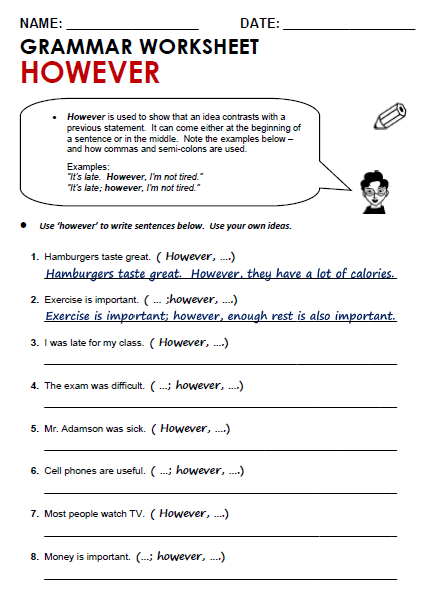
In my experience, weather presenters mostly use "will", and the speaker may also decide to follow this convention. Aside from the speaker's own intentions and understanding of the information, the speaker is also producing a kind of text that has its own characteristics for content, language and organisation, which have been established through many other texts produced previously. In this example, there is another factor to consider: the conventions of the type of text. "Will" is also possible, to present the information as the speaker's belief. The presenter could use "is going to" to show a strong sense of certainty. I'm very very grateful for your help and thank you very much for answering this comment beforehand! Can I say "I will have a rest on Maldives" (I'm sure I will, I have already bought tickets and booked a hotel and I'm sure it will happen) or "I'm going to have a rest on Maldives" (I have already bought tickets and booked a hotel, so it's my plan). So, if someone asks me "What are your plans for Monday and Tuesday" can I answer "I will work" (=I am sure I'll do) or does it have to be "I'm going to work" (because it refers to my plan"? In the same way, can I ask someone "Will you work tomorrow?" or should it be "Are you going to work tomorrow?"Ģ. I've been a bit confused since I read that Cambridge Dictionary says: "One of the main uses of will is to refer to things in the future that we think are certain".ġ.

It is quite understandable that will refers to spontaneous ideas and going to is used for planned actions. We should finish the job early if George will help us.Ĭould you please help me with my confusion concerning "will" and "going to". I will be very happy if you will come to my party. We won’t be able to go out if it rains. (NOT will rain)īut we can use will if it means want to or be willing to: We do not normally use will in time clauses and if-clauses: If Barcelona lose tomorrow, they will be champions. We won't be able to go out if it is raining. In clauses with if we often use present tense forms to talk about the future: They are coming after they have had dinner. You must wait here until your father comes. In time clauses with words like when, after, until we often use present tense forms to talk about the future: GapFillTyping_MTY0NjY= The future in time clauses and if-clauses GapFillDragAndDrop_MTY0NjU= Talking about the future 2 The game should be over by eight o'clock. We can use should if we think there's a good chance of something happening:

I might stay at home tonight or I might go to the cinema. We use modals may, might and could when we are not sure about the future: We plan to go to France for our holidays.Ĩ. What are you going to do next year? I 'd like to go to university. We often use verbs like would like, plan, want, mean, hope, expect to talk about the future: We can use will be with an -ing form instead of the present continuous or be going to when we are talking about plans, arrangements and intentions:ħ. They 'll be waiting for you when you arrive.Ħ. We use will be with an -ing form for something happening before and after a specific time in the future: I think it's going to rain. (= I can see that it will rain.)ĥ. to make predictions based on evidence we can see:īe careful! You are going to fall. (= I can see that you might fall.).when we express beliefs about the future:.We can use the present continuous for plans or arrangements: The train arrives at 6.30 in the morning.Ģ. We use the present simple for something scheduled:

When we know about the future, we normally use the present tense.ġ.


 0 kommentar(er)
0 kommentar(er)
